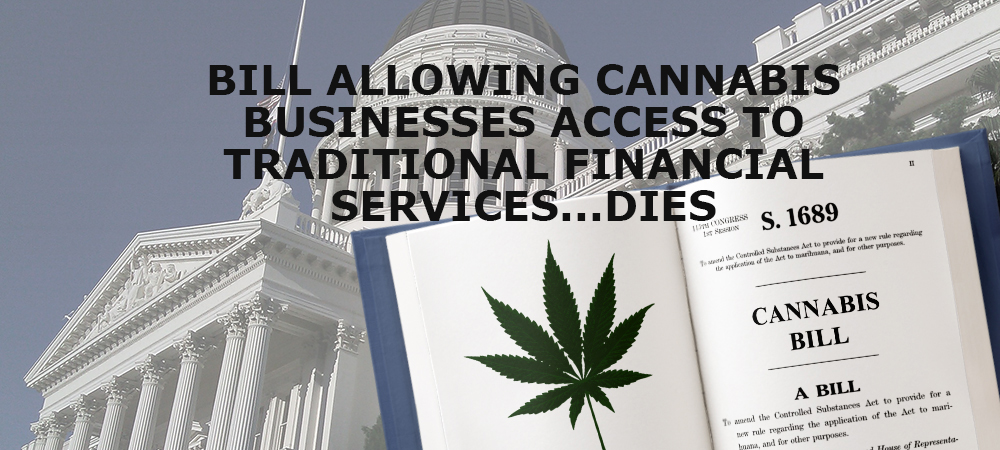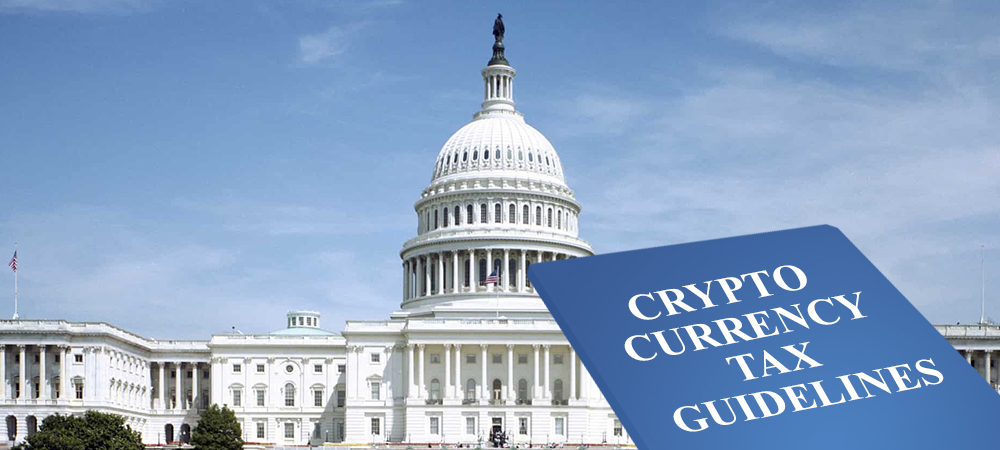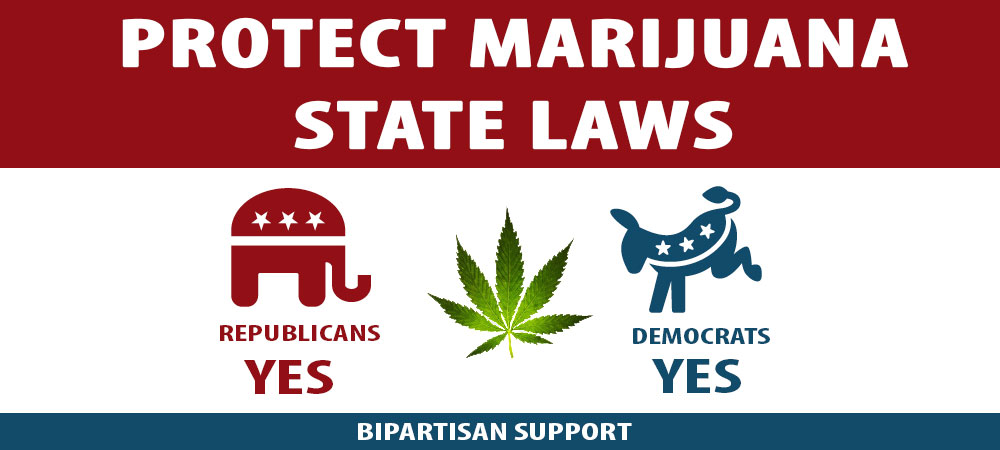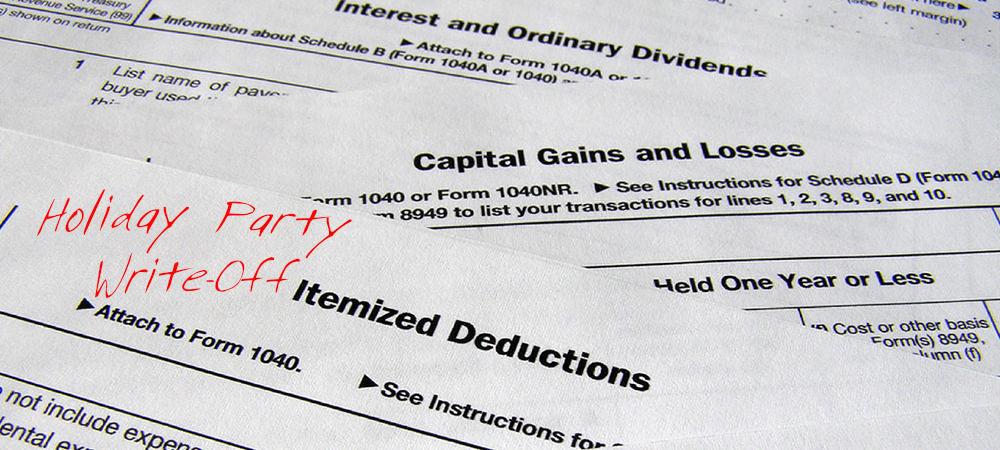Bill To allow cannabis businesses access to traditional financial services dies
/0 Comments/in California Marijuana Licensing, Marijuana Tax Planning & Marijuana Tax Defense/by Tax AttorneyCongress Launching Bills To Update Crypto Currency Tax Guidelines
/0 Comments/in Crypto-currency / Bitcoin/by Tax AttorneyCongress Strongly Urging IRS To Update Crypto Currency Tax Guidelines
/0 Comments/in Crypto-currency / Bitcoin/by Tax AttorneyCongress Finally Attempting To Help U.S. Businesses Dominate Global Medical Cannabis Research
/0 Comments/in Marijuana Tax Planning & Marijuana Tax Defense/by Tax AttorneyThe Importance Of Having The Right Financial Team For Your Cannabis Business
/0 Comments/in Marijuana Tax Planning & Marijuana Tax Defense/by Tax Attorney2018 Holiday Party Write-Offs After Tax Reform
/0 Comments/in Tax Deductible, Year-end tax planning/by Tax AttorneyAre You Effected By Hurricane Florence? IRS Is Providing You With Tax Relief And Extending Upcoming Tax Deadlines.
/0 Comments/in IRS Operations & Procedures/by Tax AttorneyConnecticut Crypto Currency Trader Convicted For Wire Fraud And Sentenced To 21 Months In Prison And Pay Restitution Of Over $9 Million.
/0 Comments/in Crypto-currency / Bitcoin, IRS Criminal Investigation Division Operation & Developments – Domestic Tax Issues/by Tax AttorneyOVDP Ending September 28, 2018
/0 Comments/in Foreign Accounts – IRS Operations & Investigation Developments, IRS Operations & Procedures, Offshore Voluntary Disclosure Program (OVDP), Undisclosed Foreign Bank Accounts & Unreported Foreign Income/by Tax AttorneyIf you have undisclosed foreign bank accounts and/or unreported foreign income and you are considering to enter into the Offshore Voluntary Disclosure Program (OVDP), beware that time is running out. The IRS announced in March 2018 that it is officially closing this program September 28, 2018.
Since OVDP’s initial launch in 2009, more than 56,000 taxpayers have used the various terms of the program to comply voluntarily with U.S. tax laws. These taxpayers with undisclosed offshore accounts have paid a total of $11.1 billion in back taxes, interest and penalties. The number of taxpayer disclosures under the OVDP peaked in 2011, when about 18,000 people came forward. The number steadily declined through the years, falling to only 600 disclosures in 2017. The planned end of the current OVDP also reflects advances in third-party reporting and increased awareness of U.S. taxpayers of their offshore tax and reporting obligations.
Since the announcement, the IRS has not received any public comments addressing a continued need for the OVDP. The IRS stated that it will still maintain a pathway for taxpayers who may have committed criminal acts to voluntarily disclose their past actions and come into compliance with the tax system. The IRS has yet to issue updated procedures on this.
Separately, the IRS continues to combat offshore tax avoidance and evasion using whistleblower leads, civil examination and criminal prosecution. The implementation of the Foreign Account Tax Compliance Act (FATCA) and the ongoing efforts of the IRS and the Department of Justice to ensure compliance by those with U.S. tax obligations have enhanced the IRS’ ability to identity and charge non-compliant taxpayers undisclosed foreign financial assets. Since 2009, 1,545 taxpayers have been indicted related to international activities through the work of IRS Criminal Investigation.
Penalties for Non-Compliance.
Federal tax law requires U.S. taxpayers to pay taxes on all income earned worldwide. U.S. taxpayers must also report foreign financial accounts if the total value of the accounts exceeds $10,000 at any time during the calendar year. Willful failure to report a foreign account can result in a fine of up to 50% of the amount in the account at the time of the violation and may even result in the IRS filing criminal charges.
Civil Fraud – If your failure to file is due to fraud, the penalty is 15% for each month or part of a month that your return is late, up to a maximum of 75%.
Criminal Fraud – Any person who willfully attempts in any manner to evade or defeat any tax under the Internal Revenue Code or the payment thereof is, in addition to other penalties provided by law, guilty of a felony and, upon conviction thereof, can be fined not more than $100,000 ($500,000 in the case of a corporation), or imprisoned not more than five years, or both, together with the costs of prosecution (Code Sec. 7201).
The term “willfully” has been interpreted to require a specific intent to violate the law (U.S. v. Pomponio, 429 U.S. 10 (1976)). The term “willfulness” is defined as the voluntary, intentional violation of a known legal duty (Cheek v. U.S., 498 U.S. 192 (1991)).
Additionally, the penalties for FBAR noncompliance are stiffer than the civil tax penalties ordinarily imposed for delinquent taxes. For non-willful violations, it is $10,000.00 per account per year going back as far as six years. For willful violations, the penalties for noncompliance which the government may impose include a fine of not more than $500,000 and imprisonment of not more than five years, for failure to file a report, supply information, and for filing a false or fraudulent report.
Lastly, failing to file Form 8938 when required could result in a $10,000 penalty, with an additional penalty up to $50,000 for continued failure to file after IRS notification. A 40% penalty on any understatement of tax attributable to non-disclosed assets can also be imposed.
Voluntary Disclosure
A separate program, the Streamlined Filing Compliance Procedures, for taxpayers who may have been unaware of their filing obligations, has helped about 65,000 additional taxpayers come into compliance. These streamlined procedures will continue to be available for now, but as with OVDP, the IRS has said it may end this program too at some point.
For taxpayers who were non-willful, we recommend going into the Streamlined Filing Compliance Procedures of OVDP. Under these procedures the penalty rate is 5% and if you are a foreign person, that penalty can be waived. This is a very popular program and we have had much success qualifying taxpayers and demonstrating to the IRS that their non-compliance was not willful.
What Should You Do?
We encourage taxpayers who are concerned about their undisclosed offshore accounts to come in voluntarily before learning that the U.S. is investigating the bank or banks where they hold accounts. By then, it will be too late to avoid the new higher penalties under the OVDP of 50% percent – nearly double the regular maximum rate of 27.5% and 10 times more than the 5% rate offered in the expanded streamlined procedures.
Don’t let another deadline slip by. The IRS will not be keeping these special voluntary disclosure programs open indefinitely and once the IRS contacts you, you cannot get into any of these programs and would be subject to the maximum penalties (civil and criminal) under the tax law. Protect yourself from excessive fines and possible jail time. Let the tax attorneys of the Law Offices Of Jeffrey B. Kahn, P.C. located in Orange County (Irvine), San Francisco Bay Area (including San Jose and Walnut Creek) and elsewhere in California help ensure that you are in compliance with federal tax laws.
Keep In Touch
MEET US IN PERSON
Services
- Abatement of Tax Penalties
- Audits And Tax Court
- Business Transactions
- Cannabis / Marijuana Tax Services
- Criminal Tax Investigations
- Crypto-currency / Bitcoin – Tax Representation Services
- Currently Not Collectible
- Delinquent Tax Returns
- Employment And Payroll Taxes
- Entity Formations
- Estate Planning
- Estate Planning For Non US Citizens
- Estate Tax Planning
- FATCA | Foreign Account Reporting Compliance
- FBAR | Foreign Bank Account Reporting
- Full Pay Service
- Income Tax Planning
- Innocent Spouse Claims
- IRS & State Tax Controversies
- IRS Offshore Tax Investigations
- IRS Offshore Tax Investigations
- IRS State Tax Controversies
- Offers In Compromise
- Payment Agreements
- Representation Of Tax Preparers And Other Tax Professionals
- Revenue Officer Assistance
- Tax & Estate Plannng
- Tax Liens And Levies
- Wage Garnishment











 Follow
Follow Follow
Follow